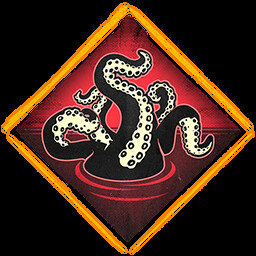Nainstalovat Steam
přihlásit se
|
jazyk
简体中文 (Zjednodušená čínština)
繁體中文 (Tradiční čínština)
日本語 (Japonština)
한국어 (Korejština)
ไทย (Thajština)
български (Bulharština)
Dansk (Dánština)
Deutsch (Němčina)
English (Angličtina)
Español-España (Evropská španělština)
Español-Latinoamérica (Latin. španělština)
Ελληνικά (Řečtina)
Français (Francouzština)
Italiano (Italština)
Bahasa Indonesia (Indonéština)
Magyar (Maďarština)
Nederlands (Nizozemština)
Norsk (Norština)
Polski (Polština)
Português (Evropská portugalština)
Português-Brasil (Brazilská portugalština)
Română (Rumunština)
Русский (Ruština)
Suomi (Finština)
Svenska (Švédština)
Türkçe (Turečtina)
Tiếng Việt (Vietnamština)
Українська (Ukrajinština)
Nahlásit problém s překladem



























































א (Aleph): Represents a glottal stop, like the "a" in "father."
ב (Bet/Vet): Sounds like "b" (as in "bat") or "v" (as in "vat"), depending on context.
ג (Gimel): Similar to the "g" in "go."
ד (Dalet): Like the "d" in "dog."
ה (He): Sounds like "h" (as in "hat").
ו (Vav): Similar to "v" (as in "vat") or "w" (as in "wonder").
ז (Zayin): Like the "z" in "zebra."
ח (Het): A guttural sound, similar to the Scottish "loch" or the Spanish "j" in "jalapeño."
ט (Tet): Similar to the "t" in "top."
י (Yod): Like the "y" in "yes."
כ (Kaf): Sounds like "k" (as in "kite") or "ch" (as in "loch").
ל (Lamed): Similar to the "l" in "love."
מ (Mem): Like the "m" in "mother."
Feel free to practice these sounds and explore more about biblical Hebrew! 😊📜